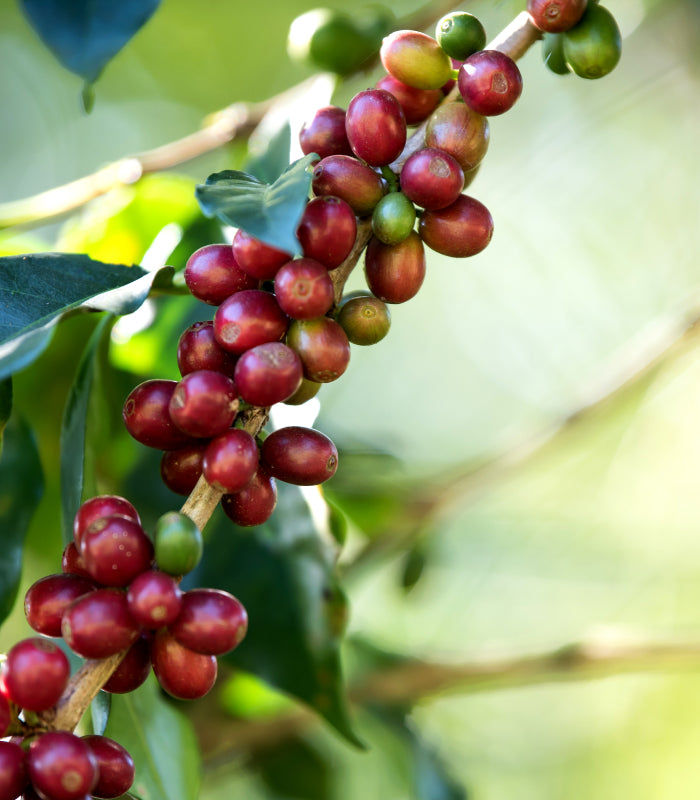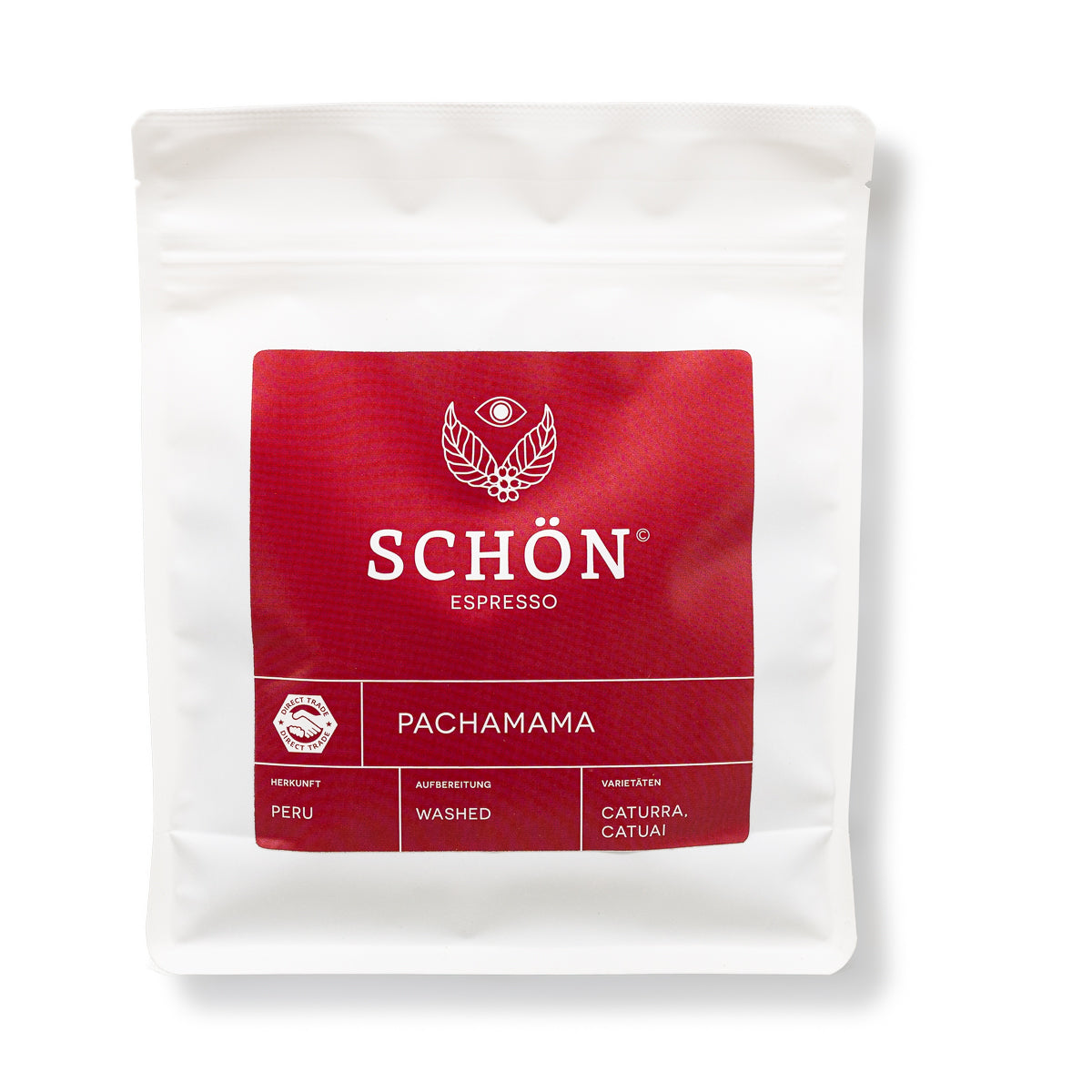Description
Description
Origin
Origin
Brew Advice
Brew Advice

easy care
Stands up to play time, craft
hour, and "Mom, I want to help."

4 way stretch
Send them to recess
without worry.

FAST DELIVERY
Trusted by parents all
over the country.
roasting
Espresso Roasting
Our espresso roasts are usually roasted darker and slower than our filter or omni roasts. However, this does not always apply to lighter variants, which tend to be roasted more slowly but not necessarily darker. This method breaks down more acids and gives the coffee a fuller body . Although the crema is not a direct quality indicator, lighter roasts are characterized by a lighter and thinner crema that contains natural bitter substances. Ideal for portafilters, stovetop coffee pots and sometimes also for fully automatic machines .
Medium roast
Our medium roast, roasted for 9 to 11 minutes , offers a balanced blend of light roasted aromas and a prominent balance of body and sweetness. This roast is suitable for medium espresso and also good for fully automatic machines .
Dark roast
With a roasting time of 12 to 14 minutes, our dark roast achieves a deeper degree of roasting . Characteristic here are clear roasted aromas, often with a chocolate undertone , less acidity and more intense bitter substances , which promote a stronger crema. Ideal for lovers of classic, strong coffees, but less intense than traditional southern Italian roasts. Also suitable for fully automatic machines.
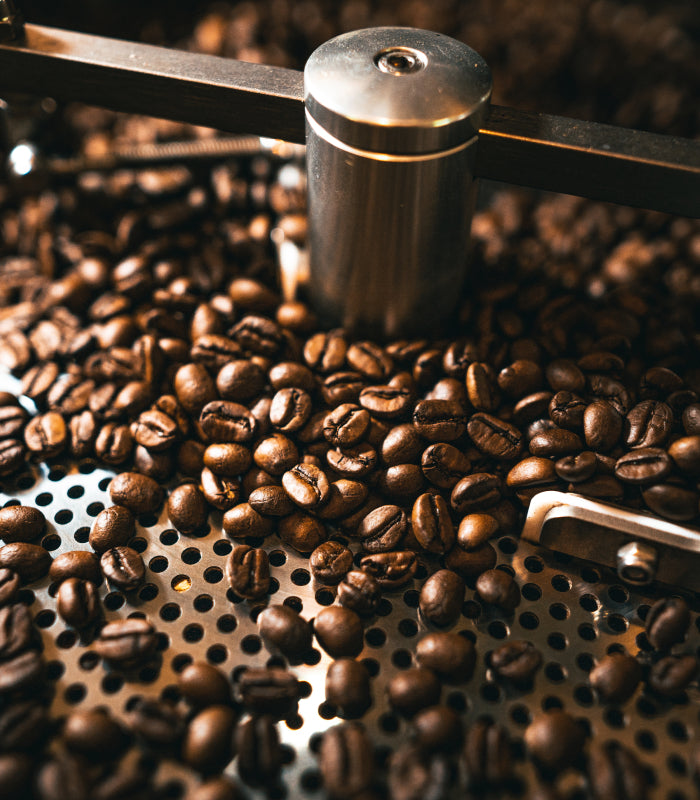
processing
Washed Process
In the so-called washed process (or wet processing), the coffee cherries are thoroughly washed after harvest and sorted by size using various sorting channels . Larger and heavier beans are considered to be of higher quality . The pulp is removed and the beans are fermented in water tanks. After fermentation, the remaining layer of mucilage is completely washed off . The coffee beans (the kernels of the coffee cherries) are then dried in the sun on so-called African Beds . Some farms also use special greenhouses that function like greenhouses and protect the beans from the weather. The process ends with a final finishing in the dry mill, where the beans are usually graded .
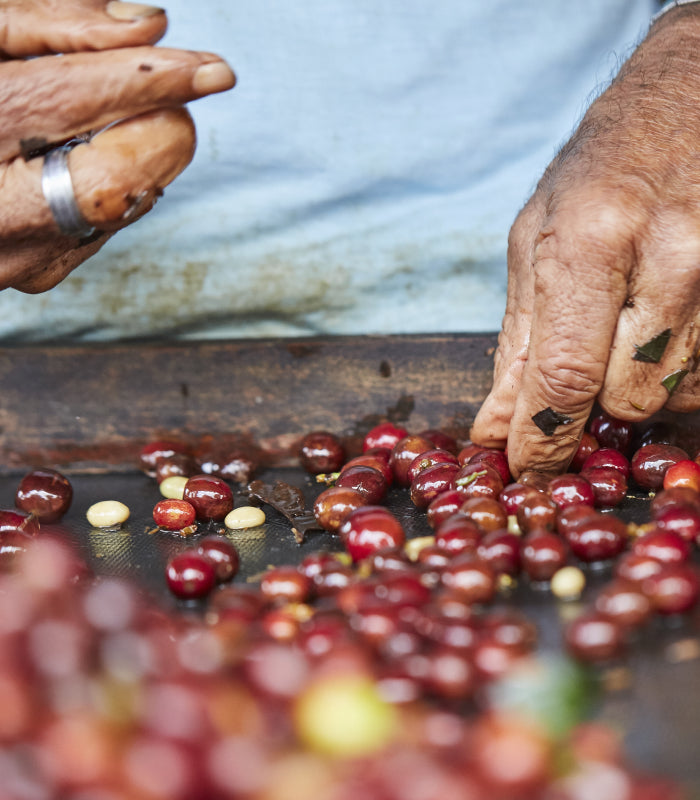
Cultivation land
Coffee cultivation Peru
Peru is considered an important producer of organically grown coffee . The coffee farmers, often small family businesses in the Andean regions, use traditional cultivation methods that give the coffees a fine acidity and fruity notes . Peruvian coffee is known for its sweet, sometimes chocolatey or floral aromas .
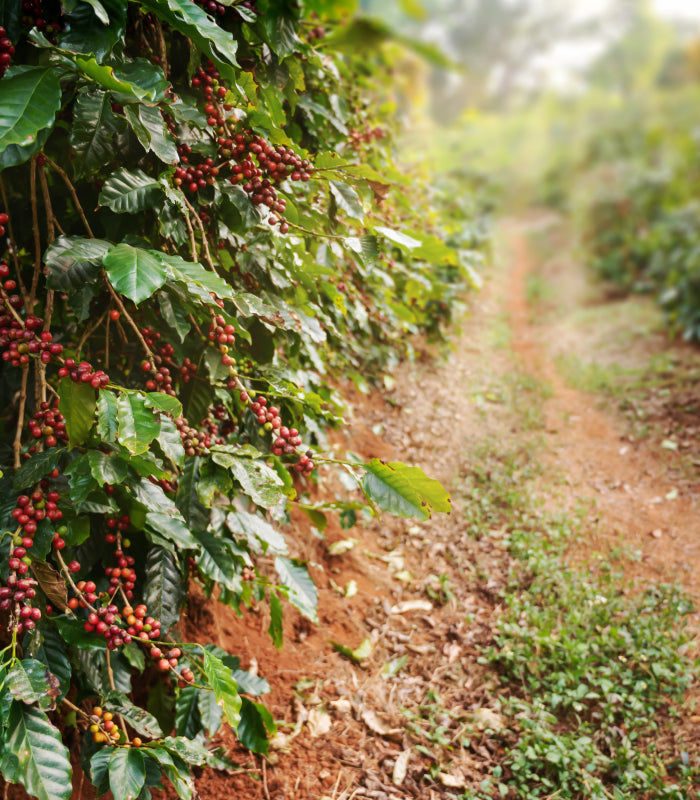
Types of coffee
Arabica
Arabica is the most widely consumed type of coffee in the world and is generally considered to be of higher quality compared to Robusta. Arabica coffee is characterized by a delicate flavor profile that can range from fruity to chocolatey-nutty flavors . This diversity is partly due to the variety, the country where it is grown, the soil, and especially the altitude. Arabica is grown at higher altitudes, typically above 1000 meters , where the slower growing conditions encourage the development of richer and more complex flavors. However, Arabica is also more susceptible to pests and fungal diseases such as coffee rust . More recently, Arabica-Robusta hybrids have also been developed to combine the robustness of Robusta with the delicate flavor characteristics of Arabica.
